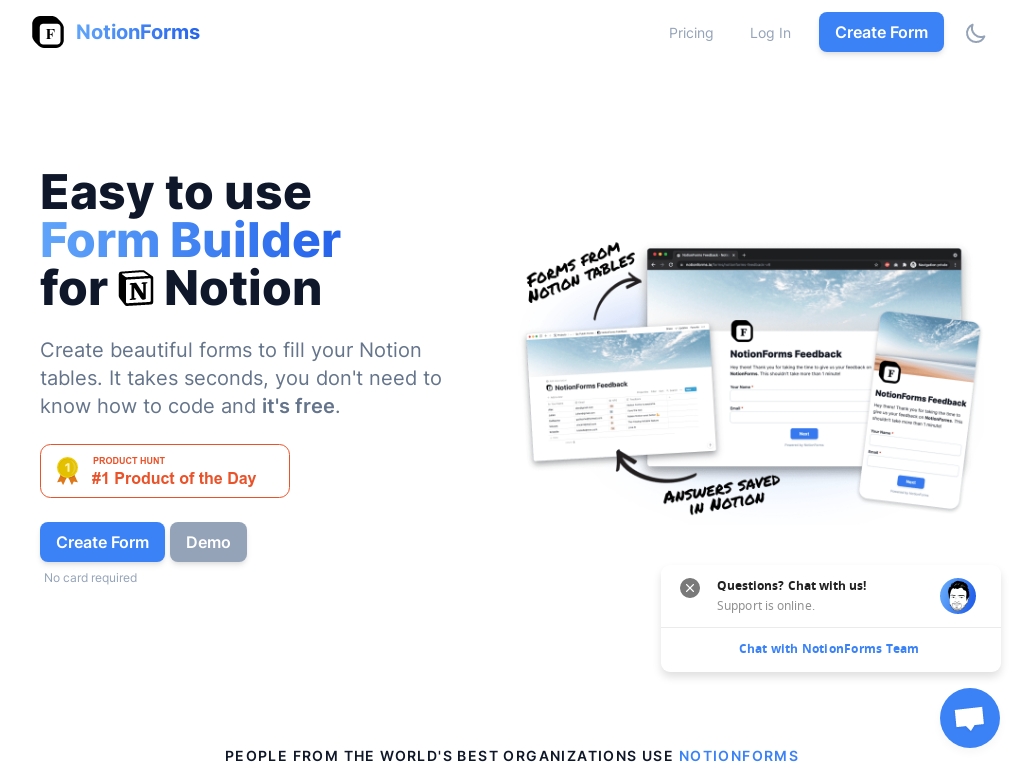
Document Automation Tool Success Stories [2025]
Feeling bogged down by repetitive document tasks? A document automation tool might be your solution. This business idea involves creating software that automates the creation, management, and workflow of documents.
Imagine a tool that takes care of drafting contracts, filling out forms, and generating reports, all by itself. Your target users are businesses seeking efficiency and accuracy in their document-related processes. By reducing manual input, you not only save time but also minimize errors—an attractive proposition for any enterprise.
Building a document automation tool requires an initial investment in software development and continuous updates to stay relevant. However, with the right marketing and a focus on user experience, it has the potential to become a must-have tool for businesses looking to streamline operations. If you’re intrigued by the convergence of technology and productivity, this is a venture worth exploring.
In this list, you'll find real-world document automation tool success stories and very profitable examples of starting a document automation tool that makes money.
1. NoteForms ($174K/year)
Julien Nahum, founder of NotionForms, came up with the idea for his business after discovering the API release of Notion, a productivity software. As a huge fan of Notion, he wanted to build something with the API and decided to create a form builder integration that offers advanced features specifically for Notion users. Since its launch, NotionForms has gained 26k users, 850 paid subscribers, and generates an ARR of $182k.
How much money it makes: $174K/year
How much did it cost to start: $0
How many people on the team: 1


NotionForms, a SaaS company offering a form builder integration to Notion, boasts an impressive total of 26k users, 850 paid subscribers, and an ARR of $182k, with steady growth since its launch and being used internally by many huge tech companies.





Download the report and join our email newsletter packed with business ideas and money-making opportunities, backed by real-life case studies.

Download the report and join our email newsletter packed with business ideas and money-making opportunities, backed by real-life case studies.

Download the report and join our email newsletter packed with business ideas and money-making opportunities, backed by real-life case studies.

Download the report and join our email newsletter packed with business ideas and money-making opportunities, backed by real-life case studies.

Download the report and join our email newsletter packed with business ideas and money-making opportunities, backed by real-life case studies.

Download the report and join our email newsletter packed with business ideas and money-making opportunities, backed by real-life case studies.

Download the report and join our email newsletter packed with business ideas and money-making opportunities, backed by real-life case studies.

Download the report and join our email newsletter packed with business ideas and money-making opportunities, backed by real-life case studies.












